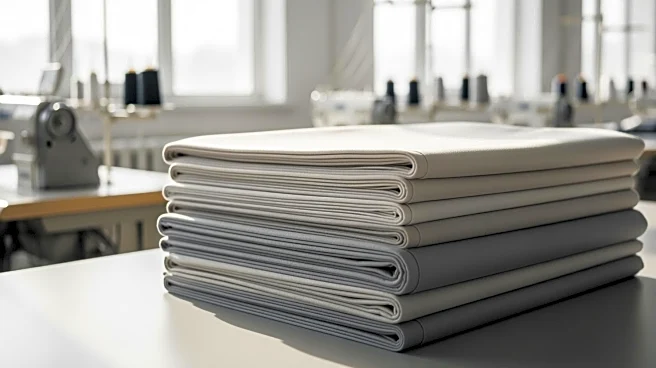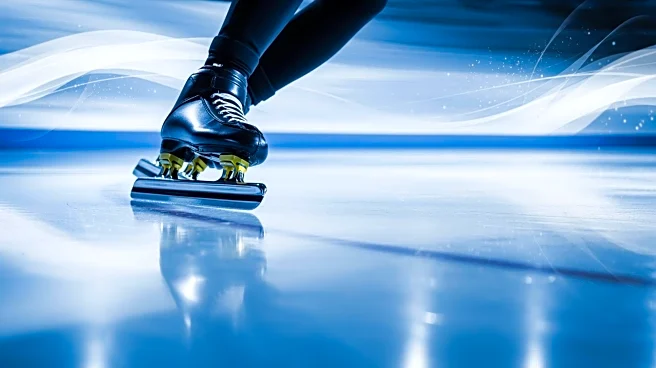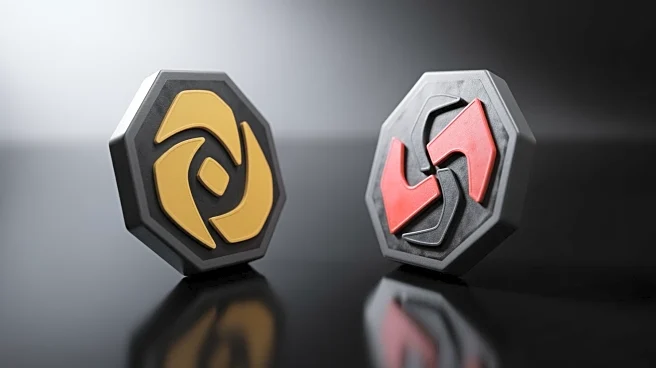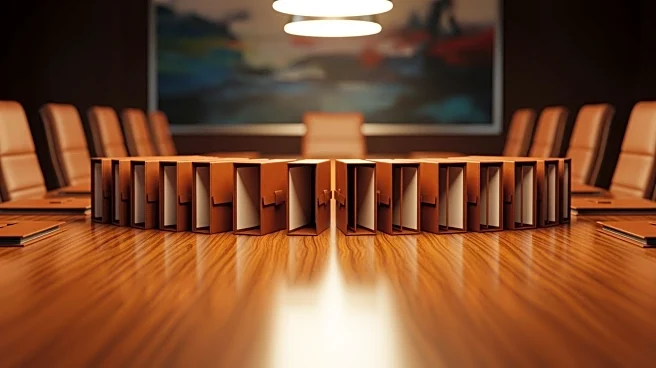By Joey Roulette
WASHINGTON (Reuters) -The heads of NASA and Russia's space agency will watch American, Russian, and Japanese astronauts launch to the International Space Station from Florida on Thursday,
a routine crew rotation flight coinciding with a rare face-to-face meeting between U.S. and Russian space program chiefs.
The four-person astronaut crew arrived at SpaceX's launchpad Thursday morning at NASA's Kennedy Space Center ahead of their 12:09 pm ET (1609 GMT) launch to space, where they will spend 39 hours traveling aboard SpaceX's Dragon craft to the orbiting science lab for a mission lasting at least six months.
The head of Russia's space agency Roscosmos, Dmitry Bakanov, and his staff are in Florida for the launch. He plans to meet acting NASA administrator Sean Duffy, who took on the space chief role this month, and is also the head of the U.S. Department of Transportation.
That will mark the first in-person meeting between U.S. and Russian space agency chiefs since 2018, and a significant moment for a new NASA administrator who has emphasized he is serving only in an acting capacity.
While U.S.-Russian tensions over the war in Ukraine limited contact between the two space agencies, they have continued to share astronaut flights and cooperate on the ISS, a 25-year-old totem of scientific diplomacy crucial to maintaining the two space powers' storied human spaceflight capabilities.
Bakanov and Duffy are expected to discuss extending the two countries' astronaut seat exchange agreement - in which U.S. astronauts fly on Russian Soyuz capsules in exchange for Russian astronauts flying on U.S. capsules - and the planned disposal of the ISS in 2030, according to Russian news agency TASS.
Thursday's mission, called Crew-11, includes NASA astronauts Zena Cardman and Michael Fincke, Russian cosmonaut Oleg Platonov, and Japanese astronaut Kimiya Yui. They dock at the ISS around 3 a.m. ET (0700 GMT) on Saturday and replace the Crew-10 crew on the ISS, which departs August 6.
While normal long-duration ISS missions are six months, the Crew-11 mission may be the first of many to last eight months, part of a new effort to align U.S. mission schedules with Russia's.
The mission will be the first spaceflight for Cardman, who was selected as a NASA astronaut in 2017, and Platonov, an engineer trained in aircraft operations and air traffic management who was selected to be a cosmonaut in 2018.
"We know that he's in good hands," Sergei Krikalev, Roscosmos human spaceflight chief and a veteran cosmonaut, said of Platonov during a press conference on Wednesday.
(Reporting by Joey RouletteEditing by Rod Nickel)












